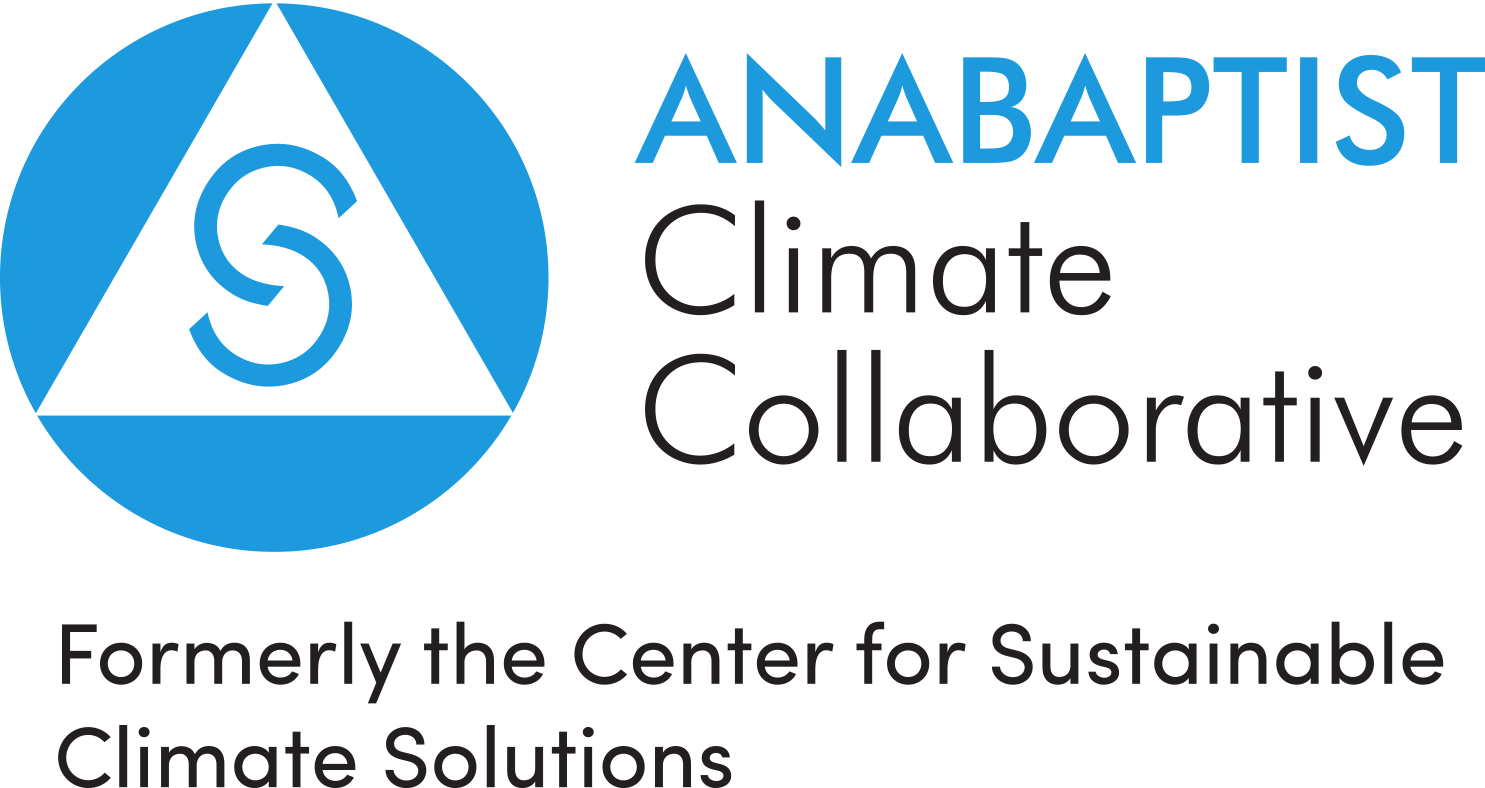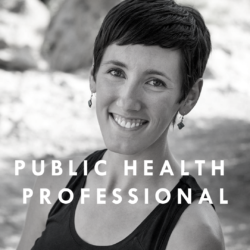Indigo works as a Mom Baby Nurse at Brigham & Women’s Hospital in Boston, MA and is concluding a Masters of Public Health at Boston University this year with a focus in community assessment, program design, implementation, and evaluation.
Nurses are known for honesty and trustworthiness as well as dedication to evidence-based practices that contribute to the health of our patients’ mind, body, and spirit. So what about our patients’ environment? As a nurse and public health professional, this question is central to the health and wellness of individuals, families, communities, and global populations.
The Alliance of Nurses for Healthy Environments (ANHE) and the Association of Public Health Nurses (APHN) are examples of professional organizations committed to researching, educating, and advocating for healthy homes to healthy global ecosystems. These reports are key to informing how nurses and public health professionals must help our patients and communities mitigate and adapt to climate change and environmental degradation. These reports provide valuable data depicting how changes in climate and ecosystems impact human health and the vividly unequal distribution of those impacts on vulnerable populations throughout the U.S. and across the globe.
ANHE and APHN emplores nurses–as unique trusted messengers of information–to use their ability to bridge gaps in communication between science, the public, and policymakers. I personally am optimistic about the health community’s ability to use these reports to shift public and political discourse on environmentally sustainable actions. All health professionals should abandon “doom and gloom” scare tactics and focus on connections between environments and health, provide evidence-based solutions, and communicate compassionately about shared values of health and wellness for all.
I love the outdoors and am interested in cultivating environmentally compassionate personal practices, but conversations about climate change often leave me feeling woefully out of my element. Climate science and environmental sustainability are not my fields of expertise. However, my health expertise is in making meaningful and sustainable changes that impact health for individuals and populations. So these reports help me move forward with hope that I can lean on the expertise of scientists in other fields–environmental health, climate, policy solutions, energy, agriculture–to inform my own personal and professional practices.


